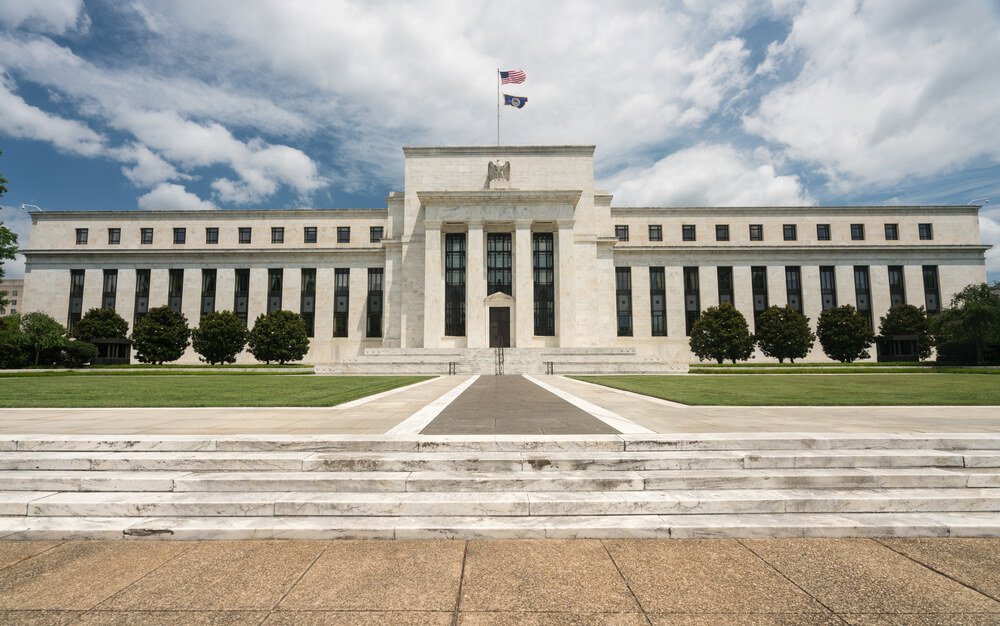The world’s top economies are working together to combat the disruption of the coronavirus. Cue central banks to the rescue: heads of Tokyo, Frankfurt, and Washington’s central banks are set to limit economic damage.
Bank of Japan’s Governor Haruhiko Kuroda and the European Central Bank’s President Christine Lagarde pledged to take actions. The heads both said they would do what it takes to stabilize markets the epidemic jolted.
On Friday, US Federal Reserve Chair Jerome Powell promised the bank would “act as appropriate” to support its economy.
Lagarde said the ECB is ready to take appropriate and targeted measures as necessary to commensurate with the underlying risks.
As the coronavirus develops fast, it creates risks for the economic outlook and greatly affects how the financial markets function.
These statements helped their countries to rebound in stock markets, which suffered prior due to the spread of the coronavirus.
Lagarde, Powell, and Kuroda will also work with finance ministers and central banks in the world’s top economies. They are preparing to discuss the widening crisis on a call this week.
All central banks to the rescue have yet to share their plans and when they plan to do them. The three are currently operating with little ammunition in their local policies, with only the Fed’s interest rates above zero.
Furthermore, their balance sheets are filled with more than $14 trillion of assets.
Traders Expect Central Banks to Cut Rates
Economists and investors are expecting a strong chance of coordinated policy actions between the banks.
According to JPMorgan’s chief US economist Michael Feroli, the anticipated discussion increases a move from the Fed. He warned a possible 25-basis point could risk disappointing markets, tightening financial conditions.
The central banks to the rescue will need help. Feroli argues that the Federal Open Market Committee should do more than the expected 50 basis points.
Economists Jan Hatzius and Daan Struyven of Goldman Sachs said the Fed won’t even wait for its scheduled March meeting. Powell’s statement on Friday suggests global central bankers’ intense focus on the virus’ downside risks.

Central Banks of the World on the Coronavirus
Central banks to the rescue, is it? How effective could their powers be?
Fiscal policy can boost demand by lowering the cost of borrowing and help put money in people’s pockets. However, this might not repair disrupted global supply chains nor convince people to travel, attend meetings, or go to school.
Rates in Japan and Europe are in negative territory. This amplifies the doubts against their impact on helping the global economy.
Lagarde’s implication of targeted measures suggests the ECB could opt for tools that directly impacts the crumbling economy. This includes ultra-cheap loans for firm loans or more liquidity operations to repair the local economy.
Additionally, the central bank could corporate debt purchases or another increase from the ECB’s punitive charge on excess bank reserves.
Currently, the ECB’s key rate is at a record low minus 0.5%. A reduction could prompt determination to provide stimulus.
The European market also expects a 10-basis-point rate cut at the central bank’s meeting on March 12.
Meanwhile, BOJ’s Kuroda is focused on keeping markets functioning in the country. The central bank will monitor market developments and offer sufficient liquidity via market operations and asset purchases.
The BOJ offered 500 billion yen in two-week funds from market operations. It is expected to increase daily purchases of ETFs to boost stock prices and avoid tightening money markets.
















